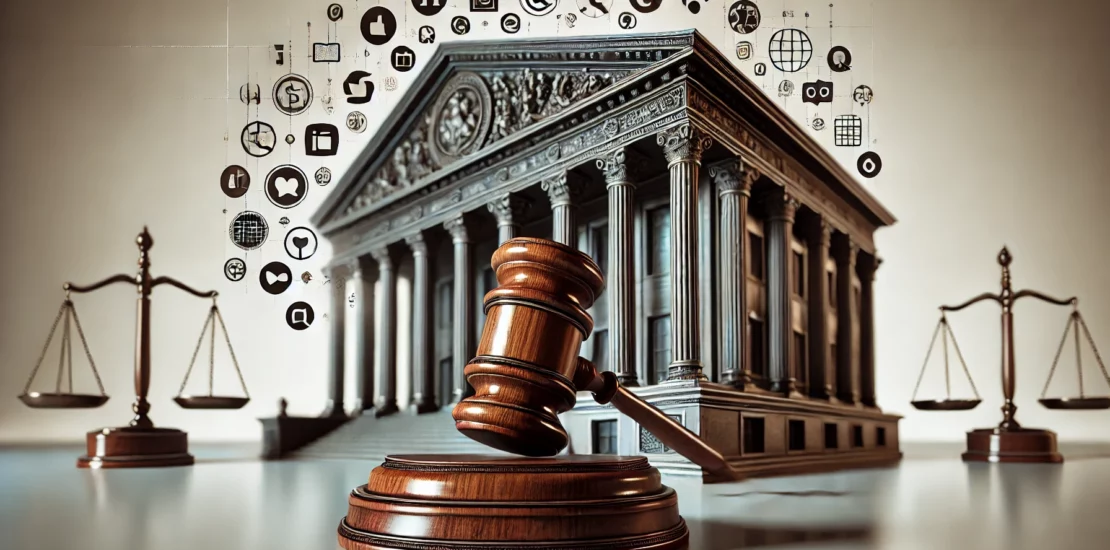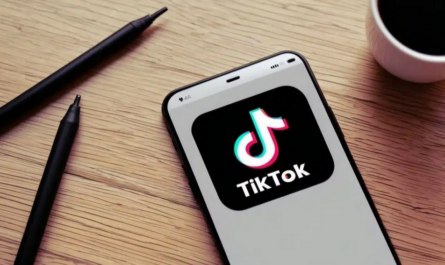In 2024, antitrust cases against Big Tech increased globally due to new legislative frameworks. Authorities are adapting to technological advancements and drawing new lines of battle. Without a Google, Amazon, Facebook, Apple, or Microsoft account, internet searches, purchases, and messaging become increasingly difficult.
The trial of tech giants is set for 2025, with over €33 million spent by the five major digital giants lobbying EU authorities. The Trump administration, which sued Google in 2020 for controlling internet searches, has a history of targeting individuals he believes have mistreated him and accusing Big Tech of being politically biased against him. The new U.S. President may need more than wealth and a large legal team to settle these grudges.
2025’s Top Big Tech Antitrust Cases
5. Instagram and WhatsApp Mergers Put Meta in Legal Hot Water
For Mark Zuckerberg, history is repeating itself as the FTC maintains its conviction that Meta’s purchases of Instagram and WhatsApp were intended to suppress competition. The FTC has refiled its complaint with a court hearing scheduled for April 14, 2025, despite the charge being dropped in 2021.
In addition, the European Commission is looking into whether Meta complies with the Digital Markets Act, specifically with regard to its “pay or consent” policy regarding user data. Separately, media businesses in Spain have filed a €582 million lawsuit alleging unfair competition and the exploitation of customer data for targeted advertising.
When it comes to CEOs who are being criticized, Zuckerberg is not alone. Despite saying that Google’s search engine will “change profoundly” in 2025, Sundar Pichai, the company’s CEO, is also facing many antitrust allegations.
4. Concerned About Alleged Monopolistic Practices, Google
When U.S. District Judge Amit Mehta declared in August that Google had unlawfully monopolized the online search industry, the company’s troubles started. This landmark ruling was the first time the U.S. government had successfully proven such a case against a large internet company in decades.
In September, eight states and the Department of Justice (DoJ) filed a second antitrust case against Google, accusing the company of acquiring rival companies and pressuring advertisers and publishers to use its ad technologies. The UK’s Competition and Markets Authority (CMA) is investigating Google’s advertising tactics, with results expected by the end of 2025.
Even while Google’s hegemony in online search and advertising is under scrutiny, Apple, one of its main competitors, is facing a growing backlog of antitrust cases in 2025.
3. Apple Gets Ready to Face Several Fronts in Antitrust Cases
In March 2024, Apple was infamously fined €1.8 billion by the European Commission for breaking competition laws pertaining to music streaming services. Despite appealing the ruling, Apple is still dealing with more and more problems on both sides of the Atlantic.
Numerous antitrust cases are pending against Apple in both the United States and Europe. The accusations are aimed at Apple’s hegemony in the app store and smartphone market. The DOJ sued Apple in March 2024, claiming that the corporation had inflated pricing, restricted third-party apps and services, and suppressed competition by abusing its monopoly power.
Together, the DOJ and 15 states allege that Apple restricts cross-platform messaging capabilities and interoperability with competing devices. Apple refuted the claims in a motion to dismiss the case, claiming that its business procedures improve security and user experience.
2. Amazon’s Antitrust Battle in American and European Courts
As the e-commerce behemoth is under close examination due to antitrust cases, Amazon is facing more legal issues in 2025. The FTC is suing Amazon in the United States for allegedly deceiving customers into signing up for its Prime membership plan, and the trial is scheduled for June 2025.
Amazon has been accused by the FTC and 17 states of maintaining its monopoly by imposing pressure on vendors and increasing prices. The European Commission is also considering an antitrust inquiry under the DMA, potentially resulting in fines of up to 10% of Amazon’s yearly revenue if it is found to favor its branded goods.
1. Microsoft Faces Increasing Regulatory Opposition in Cloud and AI
The FTC is investigating Microsoft’s commercial practices, focusing on cloud services, AI products, and cybersecurity tools. The move follows the European Union’s concerns over Microsoft’s software bundling methods, including Teams integration with its Office suite. In a £1 billion lawsuit in the UK, Microsoft is accused of charging higher licensing fees for Windows Server software to companies using competitors’ cloud platforms like AWS, Google Cloud, and Alibaba.
Regulators aren’t the only thing Microsoft has to be concerned about. By formally complaining to the European Commission about alleged antitrust violations related to Microsoft’s hegemony in enterprise server software, Google recently escalated its competition with them. As skirmishes continue to erupt everywhere, all gloves are off.
The Bottom Line
Apple, Microsoft, Amazon, Tesla, Nvidia, and Meta are the firms that are known as the “Magnificent Seven” in the stock market space. Together, they account for half of the Nasdaq’s weight. Depending on your point of view, Big Tech either has a disproportionate impact or is supporting the stock market.
Regulators are resisting monopolistic behaviors that hinder competition and innovation, leading to a shift in the regulatory landscape for Big Tech. The rise in litigation, antitrust actions, and investigations has exposed weaknesses in tech businesses’ defenses. The 2024 warning that unbridled authority often results in its demise highlights the importance of addressing weaknesses in tech businesses’ defenses to avoid becoming villains or heroes.



